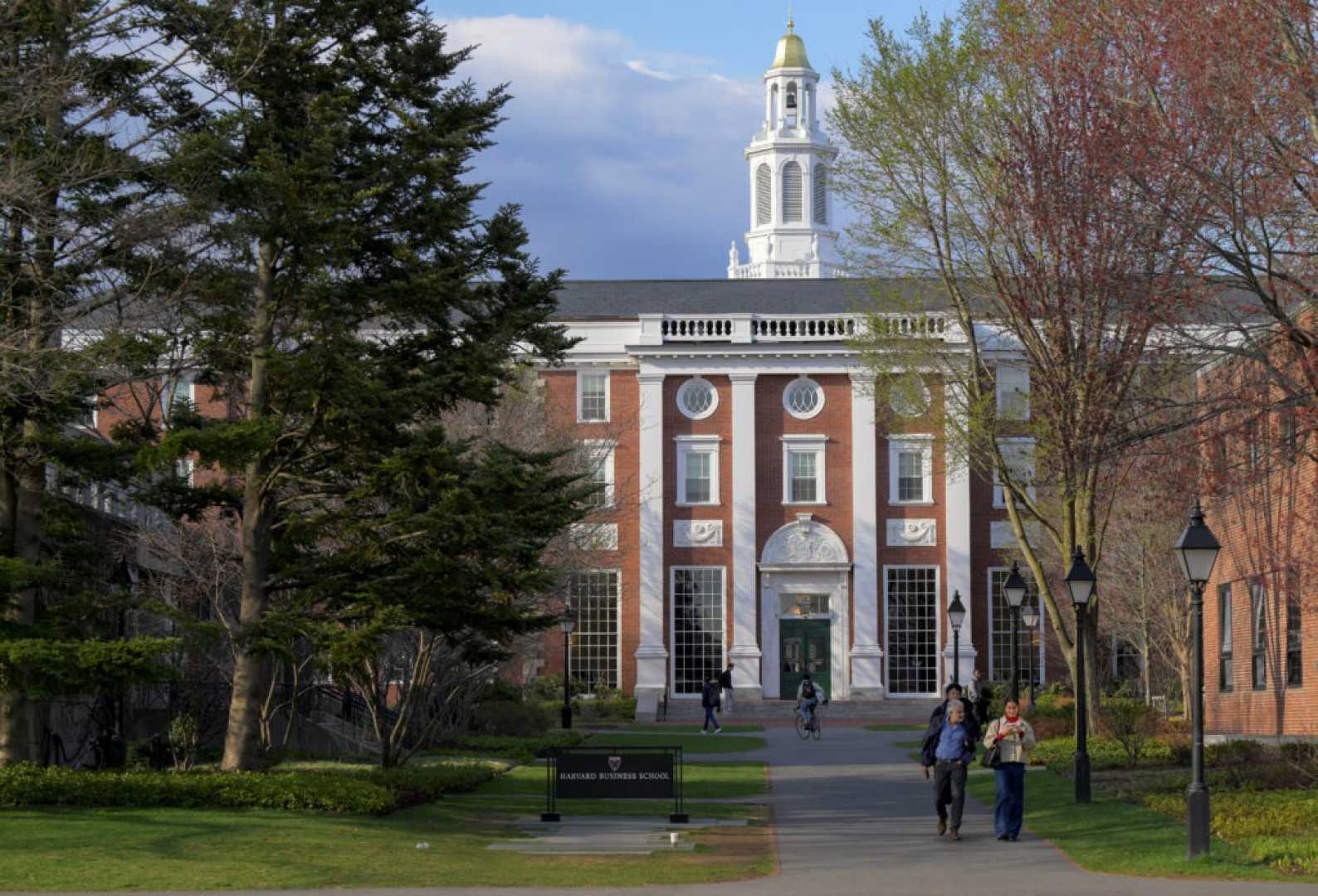News
Harvard Battles Trump Administration Over $2.6 Billion Funding Cuts

BOSTON (AP) — Harvard University faced off against the Trump administration in federal court Monday, arguing that the government acted illegally by cutting $2.6 billion in federal funding.
The university claims the cuts jeopardize vital research, while the administration insists the cuts were justified. Harvard’s lawsuit represents a significant challenge to federal directives targeting the institution, which President Trump has criticized as a supporter of liberalism and antisemitism.
Harvard’s lawyer, Steven Lehotsky, stated during the hearing that the issue is about government overreach into the inner workings of the university. If the funding freeze remains, he warned it could lead to research losses, career impacts, and lab closures.
U.S. District Judge Allison Burroughs is presiding over the case, along with other lawsuits that Harvard filed against the Trump administration. Previously, she had temporarily blocked government efforts to restrict Harvard from hosting international students.
Harvard is appealing for an urgent ruling to lift funding freezes imposed since Trump’s administration cited concerns over antisemitism at the university. The administration argues it holds the authority to cancel grants if an institution does not comply with its directives.
Michael Velchik, representing the government, claimed that Harvard’s actions violated Trump’s order against antisemitism. He stated, “Harvard wants billions of dollars, and that is the only reason we are here.”
Judge Burroughs challenged this, questioning the lack of evidence that the canceled grants were tied to antisemitism. She remarked on the potential constitutional implications of the government’s actions.
Harvard’s complaints have garnered attention as they reflect a broader struggle between universities and the federal government regarding academic independence.
Alan Garber, Harvard’s president, contended that while the university is committed to combating antisemitism, it should not be subject to government control over academic policies. He emphasized that federal funding should not dictate institutional academic affairs.
The current funding freeze was put in place after Harvard rejected demands from a federal task force regarding changes to academic policies and hiring practices meant to address perceived anti-Jewish sentiments on campus.
The Trump administration maintains that the funding was under review before the task force’s demands were issued, asserting the right to withhold federal funds based on compliance with federal law.
As this pivotal case unfolds in the legal system, it has drawn significant interest from other universities facing similar funding issues.
Harvard’s research projects affected by the cuts include vital studies in medicine and technology, necessary for advancements such as cancer treatments and national security initiatives. Affected researchers express deep concern over halted projects, which they say could have life-saving implications.
Kari Nadeau, a researcher at Harvard, described the impact of losing $12 million in funding as severe, disrupting ongoing clinical trials that aim to reduce food allergies in infants. She explained that loss of funding creates safety issues for families relying on their research for crucial therapies.
The outcome of this lawsuit could set a precedent for federal funding across the higher education sector, emphasizing the tension between government oversight and academic independence.












